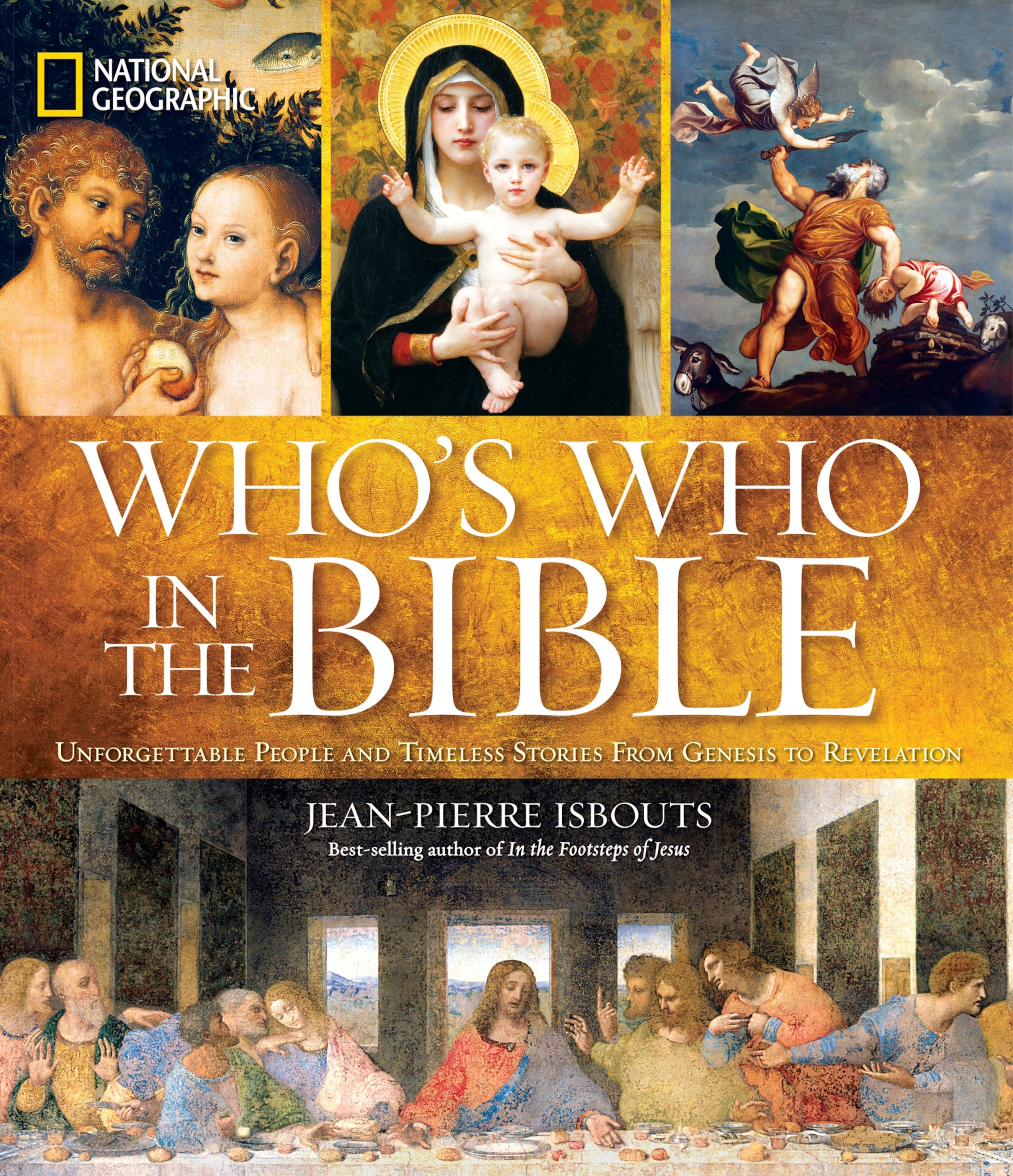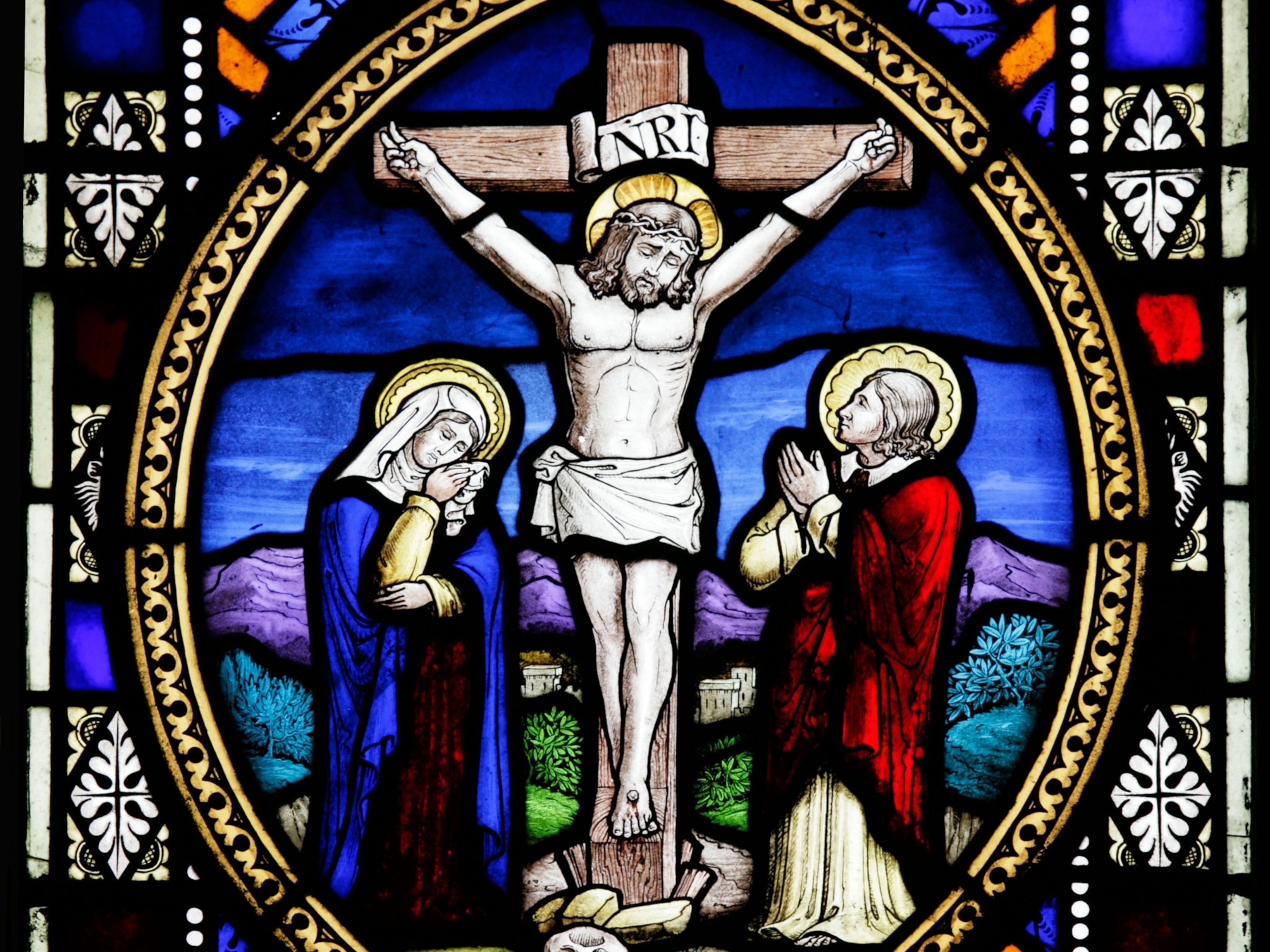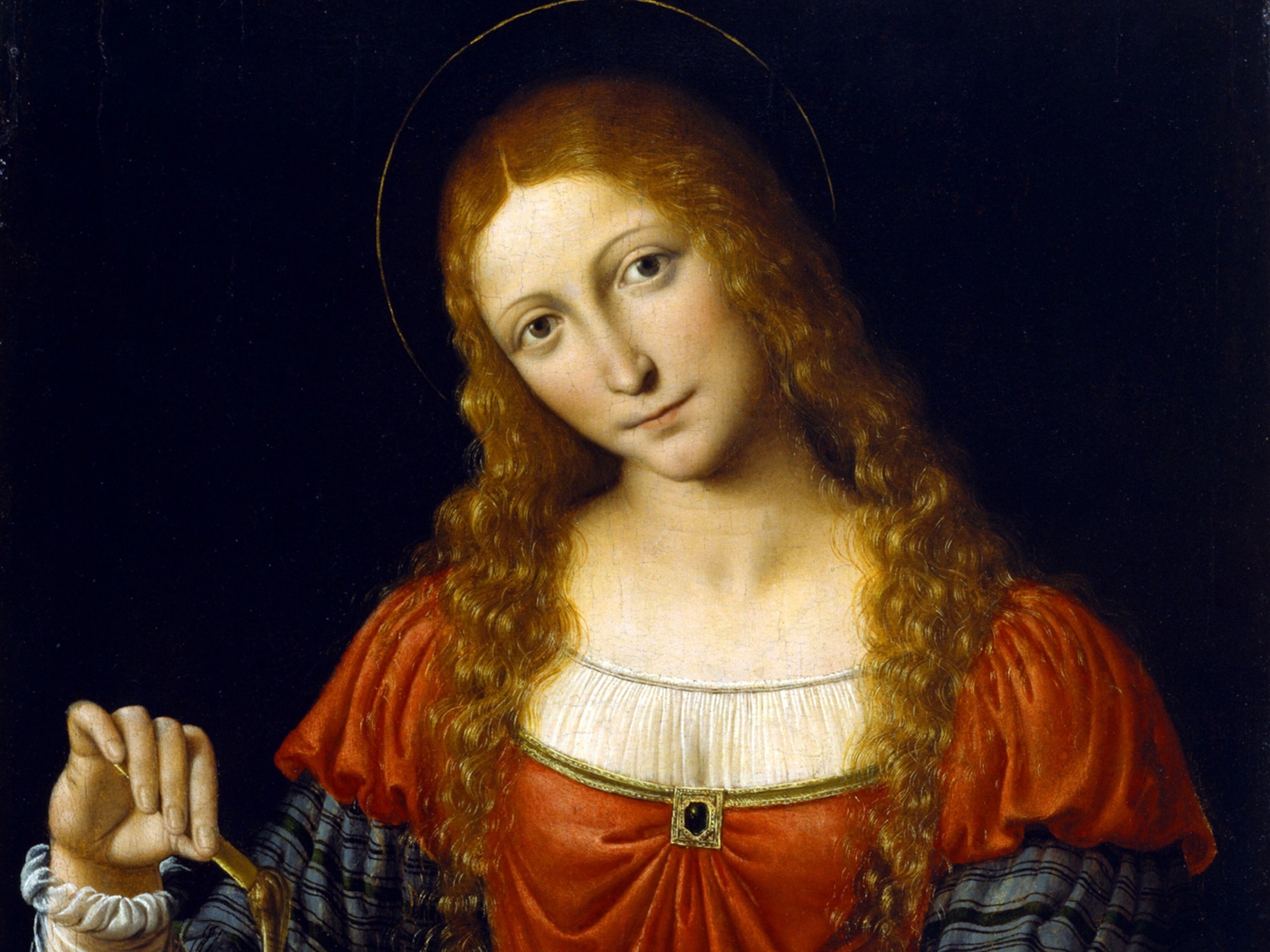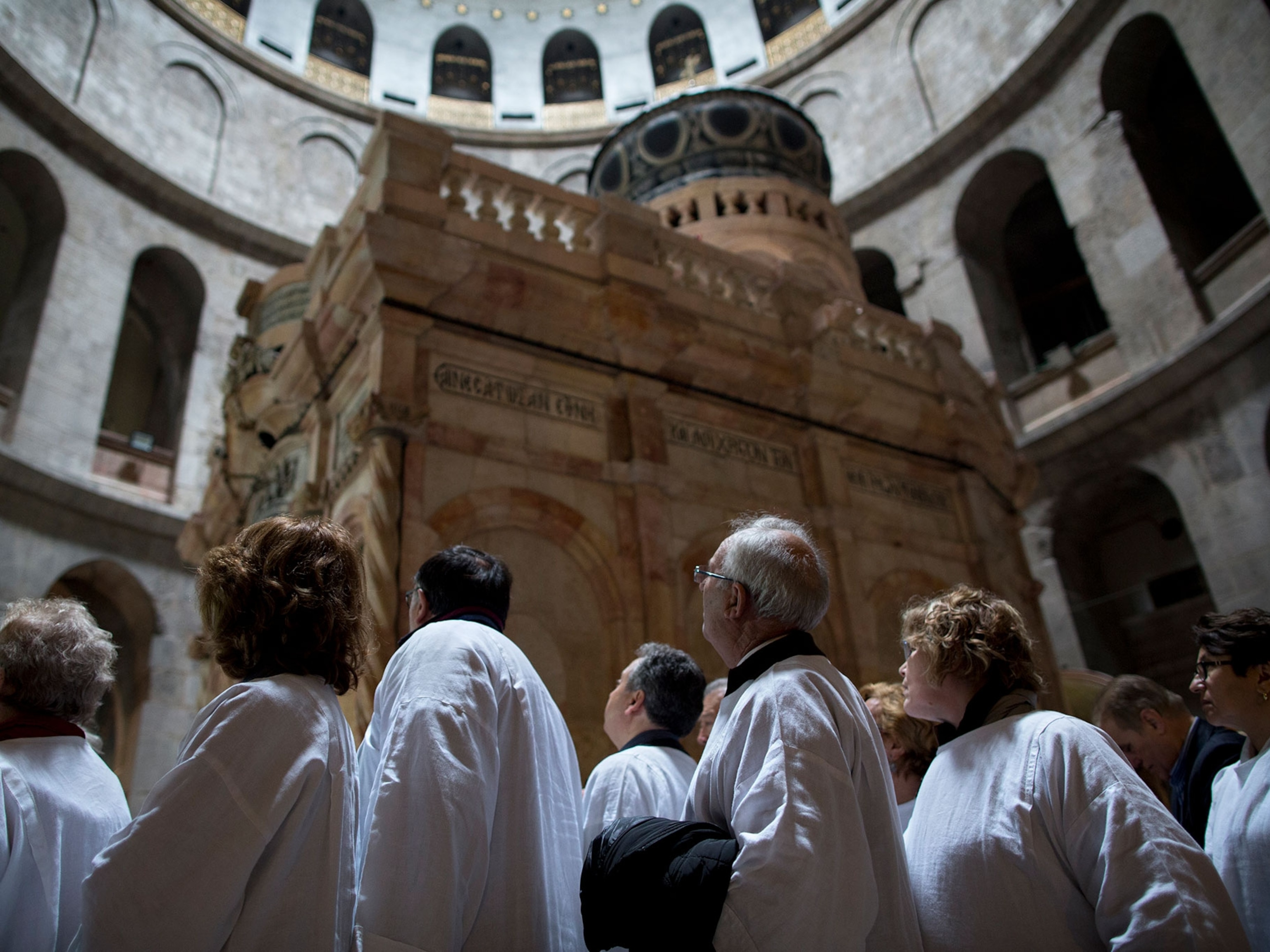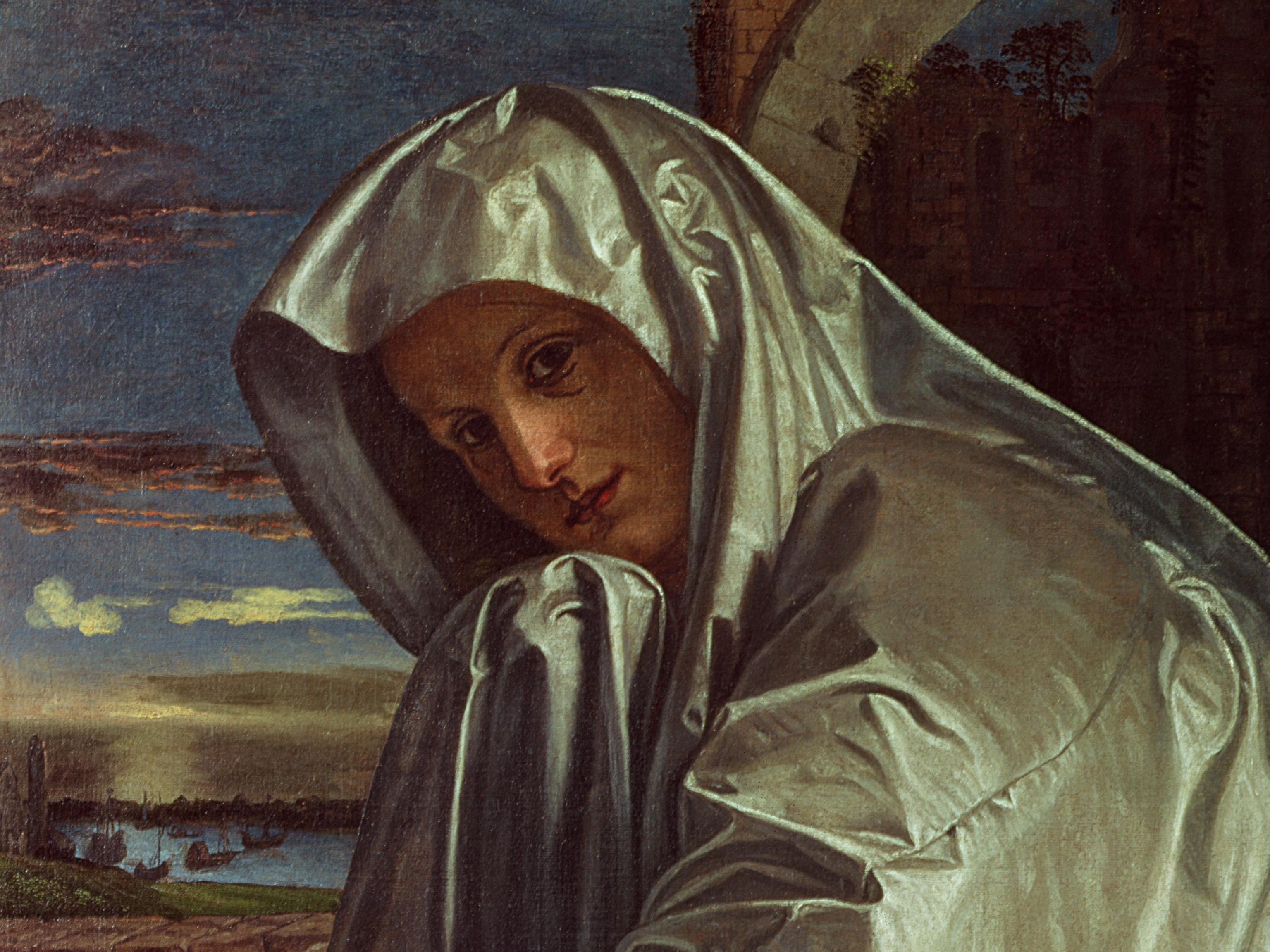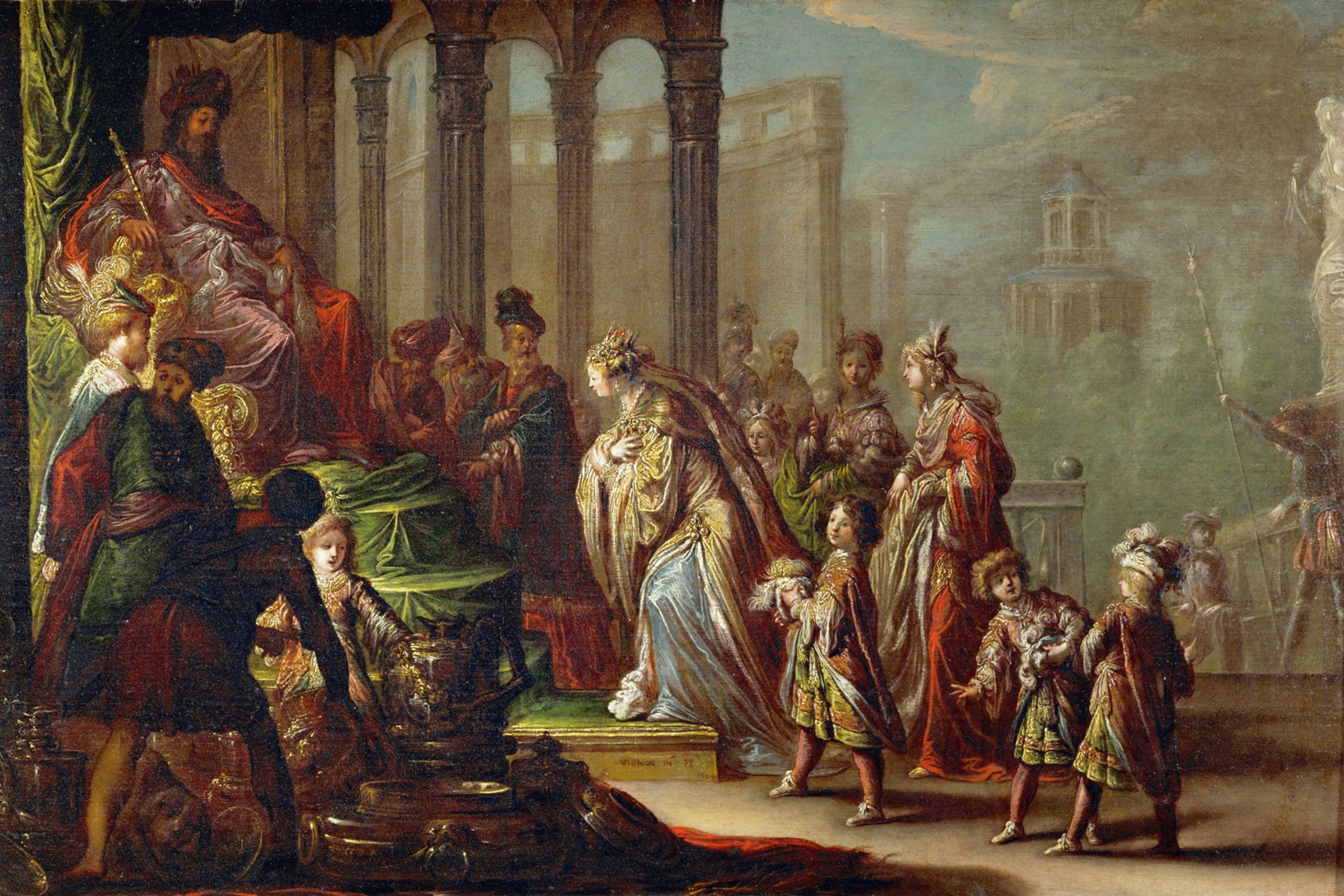
The wealthy, wise reign of King Solomon made Israel prosper
Son of David and Bathsheba, Solomon lived a colorful life, whose crowning achievement was building the Temple.
No king in the stories of the Bible so speaks to our imagination as King Solomon, who ruled Israel after King David. The Bible depicts Solomon's reign as an era of unprecedented prosperity due to his wisdom, a quality bestowed upon him by God. In a dream, God had asked him what he wanted most, and Solomon replied, “an understanding mind to govern your people, able to discern between good and evil” (I Kings 3:9).
Solomon reorganized his realm into 12 districts that cut across tribal boundaries so as to centralize power in Jerusalem. To pacify tribal sensibilities, he continued his father’s policy of marrying wives from many tribes, as well as from those nations with whom he struck an alliance. Follow the quest for the Queen of Sheba and Ethiopia's ancient Christian churches.
Solomon also found time to adjudicate civil cases, such as the one where two women were fighting over a baby, each claiming the child was hers. Solomon said, “Bring me a sword,” and ordered the child cut in two, with each woman receiving half of the body. Shocked, one of the mothers said, “Please, my lord, give her the living boy!” (I Kings 3:26). Solomon knew that the true mother had spoken, for no woman could see her own child killed. The king also composed “three thousand proverbs” and “over a thousand songs,” and could speak about a vast range of subjects, from cedar wood to different species of animals (I Kings 4:32-33). Discover Babylon, home of the first legal code.
The Bible says that Israel grew prosperous under Solomon, and indeed there is evidence that the Levant was experiencing strong economic growth as regional trade increased in the region. Wealth poured into his treasury, allowing Solomon to fulfil God’s promise to David: to build a temple to house the Ark of the Covenant. To do so, he launched a “donation drive” that netted 5,000 gold and 10,000 silver talents (roughly $100 million in today’s currency).
When the project was finished, a citadel of white and gold had risen over Jerusalem. The Temple built by Solomon would become the spiritual center of Jerusalem. At the same time, the king built a ring of strongholds to protect his kingdom, with fortresses in Megiddo, Hazor, and Gezer. Meet Five Men Who All Think They’re the Messiah
